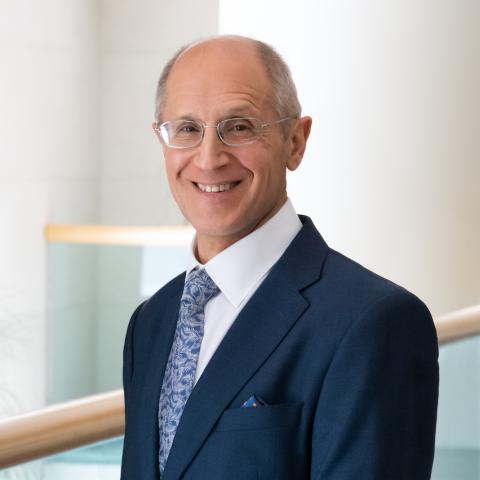In recent weeks, several leading medical schools have announced their withdrawal from U.S. News & World Report’s annual rankings, with all offering their own versions of the same rationale. While the magazine’s lists ostensibly exist to assist prospective students, the metrics applied tell them little about educational outcomes—or, just as important, institutional mission, goals or values.
Our five-year strategic plan powerfully articulates the principles that guide us, as well as the results we seek. In it, we commit to providing a supportive, diverse and inclusive environment, while also engaging in community partnerships and “increasing diversity in research, education and implementation.” These steps are essential to achieving one of our central aspirations: “To improve global health by linking research to populations in a superb educational environment.” And that goal can only be accomplished through attention and focus on eliminating health inequities in our own community and across the world.
As several of my colleagues at other medical schools have observed, much of U.S. News’ current approach emphasizes criteria that, at best, are distant from our goals and, at worst contrary to them. More, the rankings cannot begin to convey the unique ways that each of Cleveland’s remarkable academic medical centers contributes to medical students’ learning—nor the benefits of being part of the broader educational cohort of our master’s and doctoral students. While we acknowledge that no single set of numbers can capture the complexity and culture of an organization, we know that we can develop more meaningful measures of our efforts to prepare medical graduates to change lives—and medicine itself—for the better.
For these reasons, we will engage actively with our own deans, vice deans, research leaders and educators, as well as those at other medical school campuses. We will seek to identify a more comprehensive assessment of how we pursue our strategic goals, how we educate, and how our graduates are prepared to improve the world through critical thinking, diverse and equitable environments of learning and being accomplished in patient care, research and discovery.
Given that several of the medical schools announcing their withdrawal from USNWR had already submitted their data for this spring’s rankings, changes to the magazine’s methodology will not impact rankings until 2024 at the earliest. In the meantime, we commit to seek a better path forward.
Thank you,
Stan Gerson, MD
Dean and Senior Vice President for Medical Affairs
School of Medicine, Case Western Reserve University
Director, Case Comprehensive Cancer Center (acting)
Director, National Center for Regenerative Medicine


